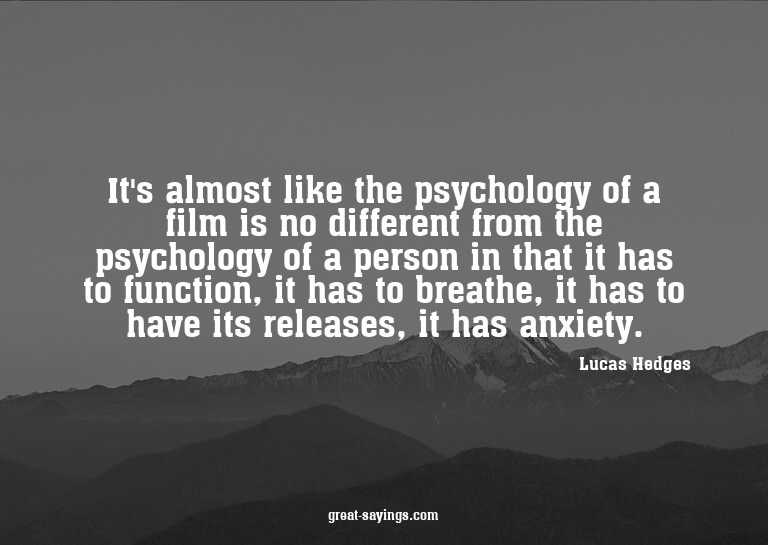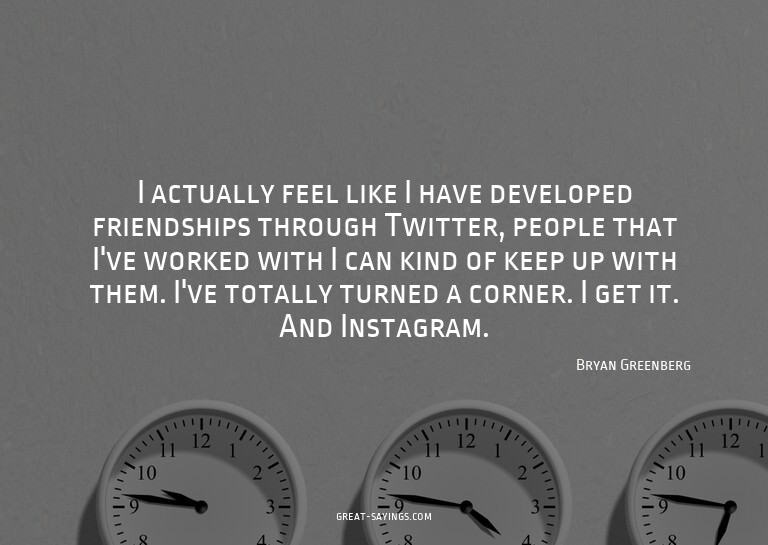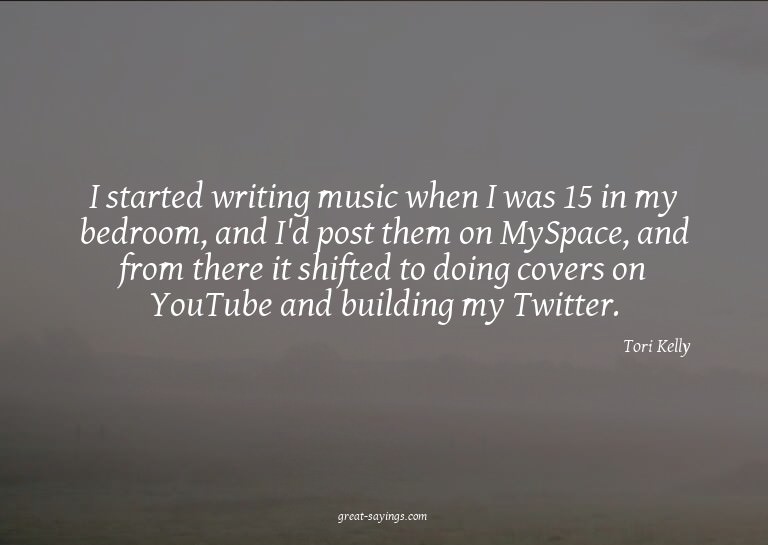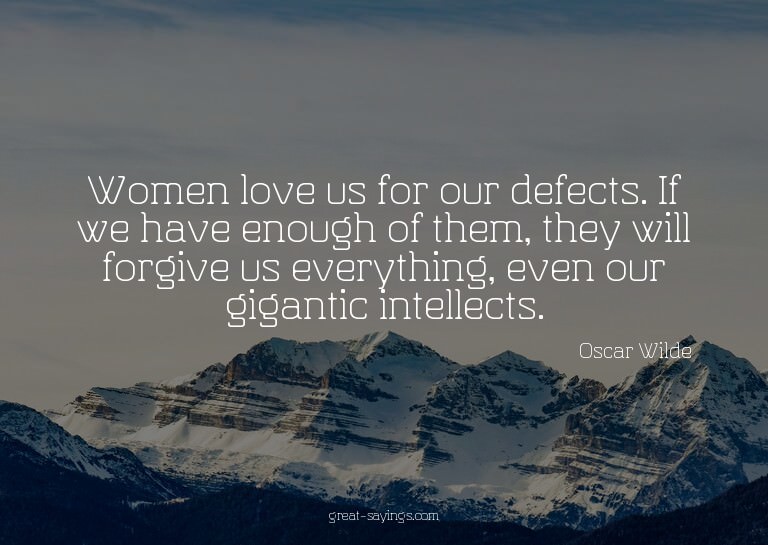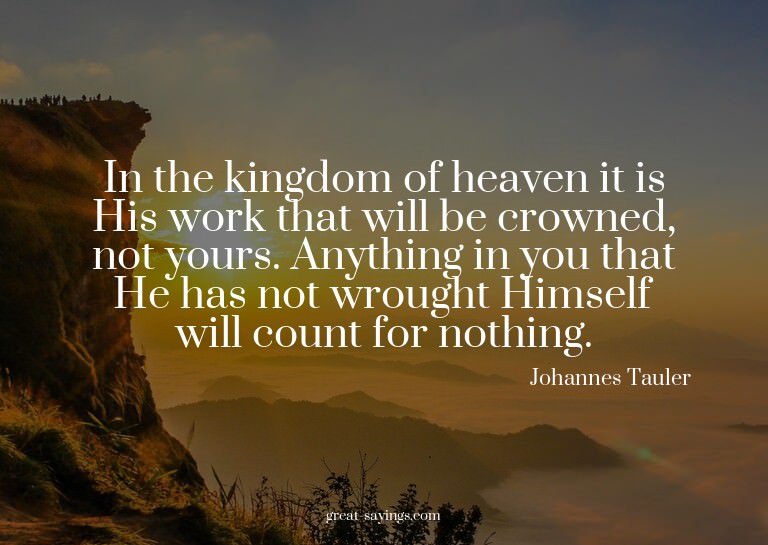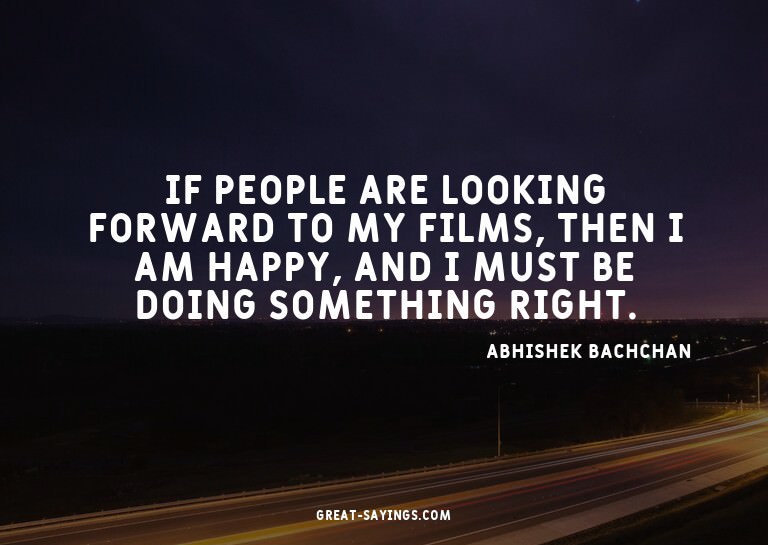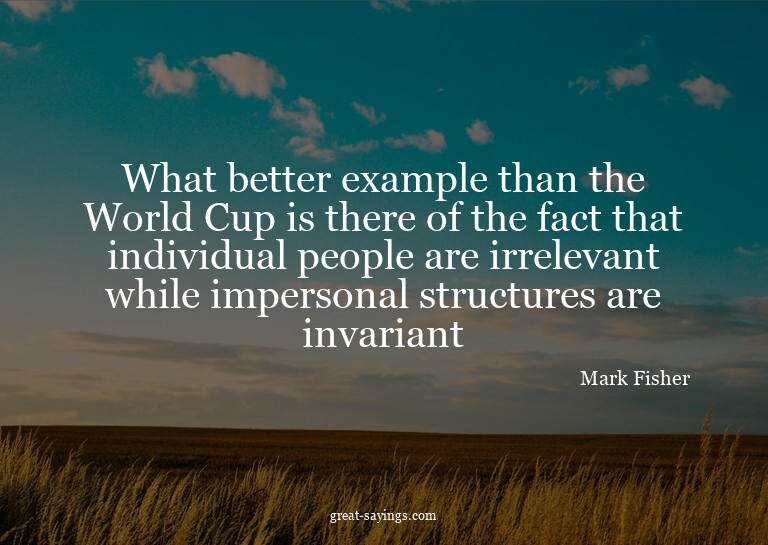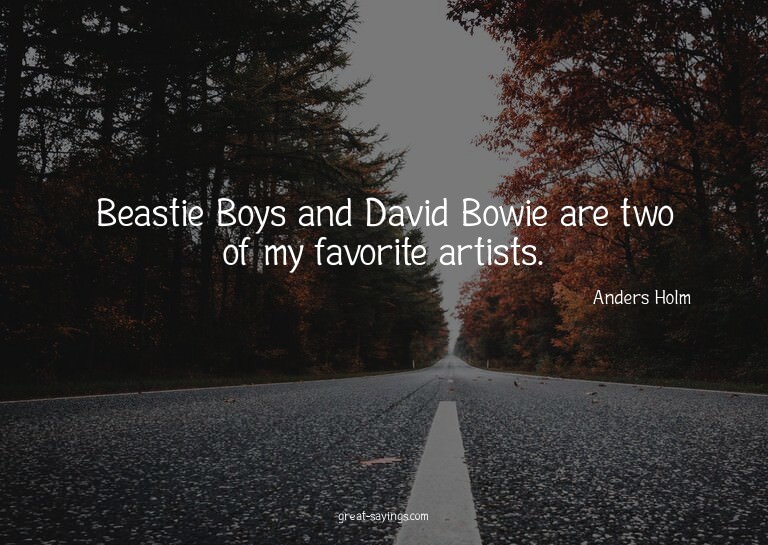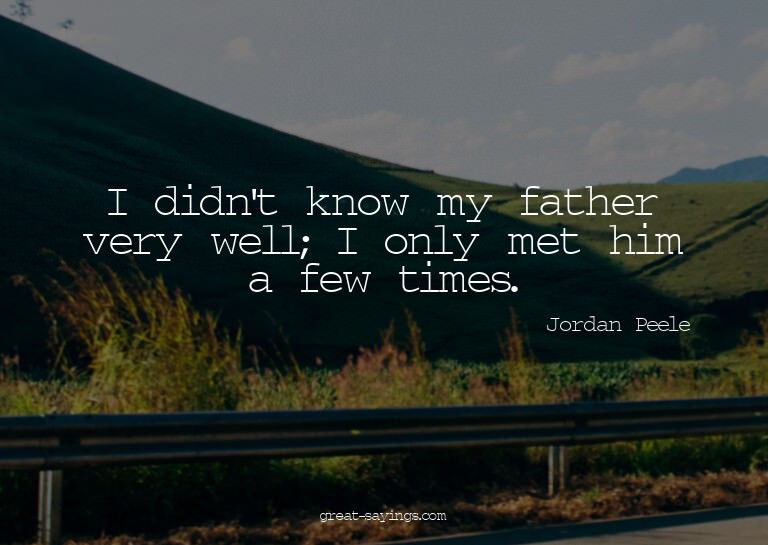Words matter. These are the best Takashi Murakami Quotes, and they’re great for sharing with your friends.
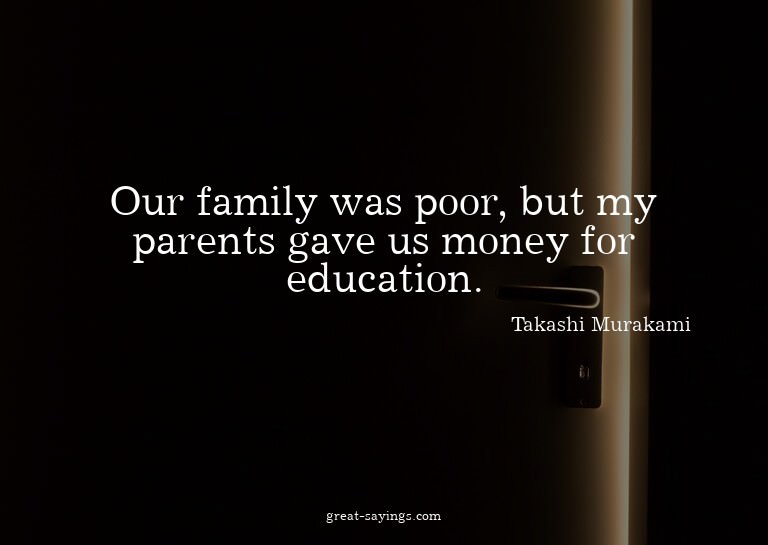
Our family was poor, but my parents gave us money for education.
In Japan, I am famous in certain special circles – mainly as someone who is trying to break down and enlighten the conventions of Japanese art.
It’s true that I pick up many ideas from different Japanese things.
For children of my generation, anime was an escape from Japan’s loser complex following World War II. Anime wasn’t foreign. It was our own.
My company, Kaikai Kiki, is unique because it’s an art business. I had to find out how to do this by myself.
I always have stress.
In Japan, I focus mostly on sending messages through Twitter, trying to spread my minority way of thinking.
Japanese people accept that art and commerce will be blended; and, in fact, they are surprised by the rigid and pretentious Western hierarchy of ‘high art.’
I don’t always enjoy curating, but I do believe it’s part of my job. It’s a good exercise for my brain, like warming up. Just focusing on my work would be so depressing! For me, curating is necessary – it’s like physical training.
If I have a certain opinion, I try to incorporate that into my work.
My father, Fukujuro, drove a cab and my mother, Itsuko, was a homemaker. My parents often took me to see Impressionist exhibits. At home, I would paint pictures in a similar style.
I don’t think it’s an unnatural thing at all for my collaborations or projects to be seen as art but entertainment at the same time.
When I was making my debut as an artist, I felt that it was very important that I try to combine the background of my own culture, my people, and the country into the contemporary art world. So that’s how I came up with the term ‘superflat.’
My mum and dad were a little like tiger parents. I hate that, but at the same time, I am a little bit proud.
In the West, it’s just a given that art exists in this high-class place. But in Japan, there’s no high class. The minute you come out, you’re low class.
Like many other kids, I liked watching anime.
I actually feel like the phrase ‘big in Japan’ is not appropriate for me. The reason is that there are more people who sympathize with my practice in America than there are domestically in Japan.
When I was little, my parents belonged to a cult, a big Buddhist sect called Soka Gakkai. I didn’t have any particular sentiment for or against religion, but I did feel bad about my parents’ poverty and how it made them depend on that cult.
Rather than a big figure, I guess you could say I’m more of an influential minority symbol.
Every day, I have new ideas. It makes my brain tired, so I spend time taking care of company quality, finding new artists, and taking care of the young artists.
I grew up in a low-income area of Tokyo. Like most homes in Tokyo, ours was small. It was a free-standing, two-family rental duplex built 30 years earlier.
My own belief is that rather than getting involved in trying to change the reality of social-political things, creators can be involved in and express in different ways and be meaningful in different ways, so for me, it’s important to leave messages to people of the future and to be engaged with the people now.
As a young artist in New York, I thought about postwar Japan – the consumer culture and the loose, deboned feeling prevalent in the character and animation culture. Mixing all those up in order to portray Japanese culture and society was my work.
My Miyoshi studio in Japan is located in the northern part of Saitama, which puts it in quite close proximity to Fukushima. As such, we can feel the effects of radiation.
Manga uses Japanese traditional structures in how to teach the student and to transmit a very direct message. You learn from the teacher by watching from behind his back. The whole teacher-master thing is part of Asian culture, I think.


